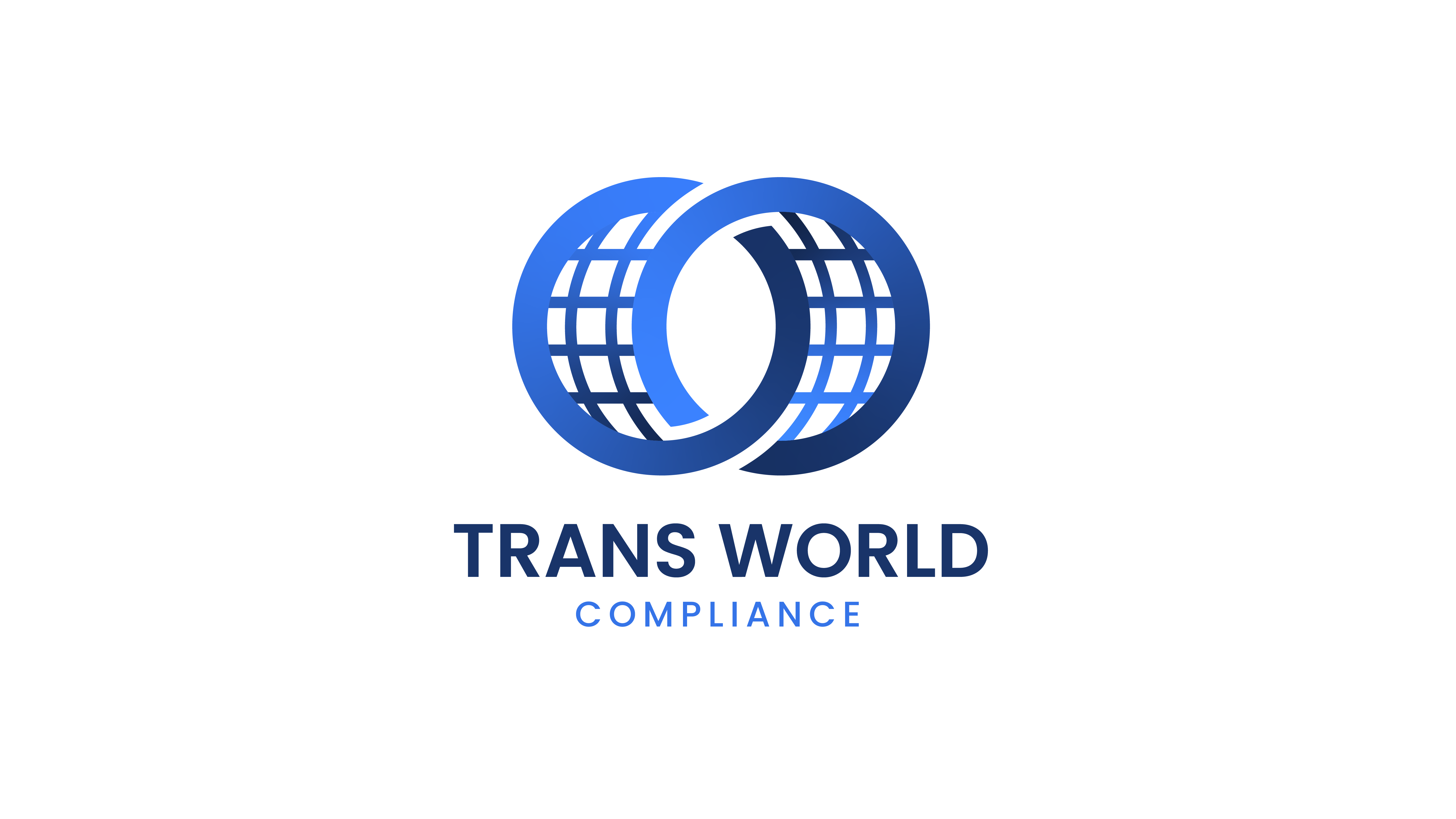Switzerland's Shift to FATCA Model 1: Implications and Opportunities
Switzerland is transitioning from a Model 2 to a Model 1 Intergovernmental Agreement (IGA) under the Foreign Account Tax Compliance Act (FATCA), marking a significant evolution in its tax cooperation with the United States. Since the enactment of FATCA in 2014, Swiss financial institutions have been required to report information on accounts held by US taxpayers directly to the US Internal Revenue Service (IRS). This direct reporting model will soon be replaced by a more reciprocal arrangement, enhancing legal certainty and reducing the administrative burden on Swiss banks.
FATCA: Model 1 vs. Model 2 IGA
The main differences between Model 1 and Model 2 IGAs under FATCA are how and where the information is exchanged.
In Model 1 IGAs, information is exchanged between governments. Financial institutions report US account holder information to their local tax authority, which then shares it with the US IRS. This model can be reciprocal (Model 1A), where data is exchanged both ways, or non-reciprocal (Model 1B), where only foreign information is shared with the US.
In contrast, Model 2 IGAs require financial institutions to report directly to the IRS. This model includes obtaining consent from account holders and allows for aggregate reporting, followed by specific data requests from the IRS when needed. Model 2 places a heavier reporting burden on financial institutions and does not have the reciprocal exchange of information like in Model 1A.

Understanding the Change
The current Model 2 agreement requires Swiss banks to either obtain customer consent for reporting or provide anonymized, aggregated data to the IRS, which could then request detailed information. Although effective, this model has become cumbersome and somewhat outdated, especially in a global environment where over 100 countries now engage in automatic exchange of information (AEOI).
The switch to a Model 1 IGA, approved by the Swiss Federal Council, facilitates a two-way exchange of information. Starting January 1, 2027, Swiss financial institutions will report US account data to the Swiss Federal Tax Administration (FTA), which will then relay this information to the IRS. This shift streamlines the reporting process and aligns Swiss practices with global standards, reducing the duplicative efforts related to AEOI compliance.
Benefits of the Transition
- Reduced Costs and Administrative Burden: By centralizing the reporting process through the FTA rather than directly interacting with the IRS, Swiss banks can expect significant reductions in compliance costs and operational complexities.
- Enhanced Legal Certainty: The direct exchange with the FTA minimizes legal risks and enhances certainty for financial institutions, ensuring they remain compliant with Swiss and US regulations.
- Simplified Compliance: The abolition of certain duties, like regular FATCA certification under Model 2, further eases the compliance landscape for banks.
Trans World Compliance: Your Partner in Navigating FATCA
At Trans World Compliance, we provide top-tier CRS, FATCA, and BEPS solutions to help financial institutions and tax authorities easily comply with complex regulatory requirements. Our flagship product, CRS/FATCA One, is designed to assist financial institutions with any FATCA Model signed by their jurisdiction. We're capable of helping you adapt to changes like Switzerland's transition from FATCA Model 2 to Model 1. This powerful tool automates collecting, managing, and reporting account holder information, streamlining compliance with the new reciprocal exchange requirements.
How CRS/FATCA One Can Help Guide Swiss Financial Institutions Through the FATCA Model Transition:
- Automated Data Management: CRS/FATCA One simplifies the reporting process by automating data collection and flagging potential compliance issues. This ensures accurate and timely submissions to tax authorities.
- Seamless Reporting Integration: Our software integrates seamlessly with existing systems, mitigating regulatory and reputational risks.
- Expert Support and Compliance Assurance: With offices worldwide and a team of compliance and tax experts, we provide world-class support.
Conclusion
Switzerland's move to a Model 1 IGA represents a proactive step towards more efficient and reciprocal international tax cooperation. This transition is about meeting compliance obligations and seizing the opportunity to enhance operational efficiencies and legal certainty for Swiss banks and financial institutions. With Trans World Compliance and CRS/FATCA One, your institution can navigate these changes confidently, ensuring compliance with ease and precision.
Target Your Needs
If your institution requires expert software solutions to manage the upcoming changes in FATCA reporting, contact Trans World Compliance today. We offer the tools and expertise to ensure you meet the new requirements without additional burdens, empowering you to focus on what you do best—managing your client's assets securely and successfully.




